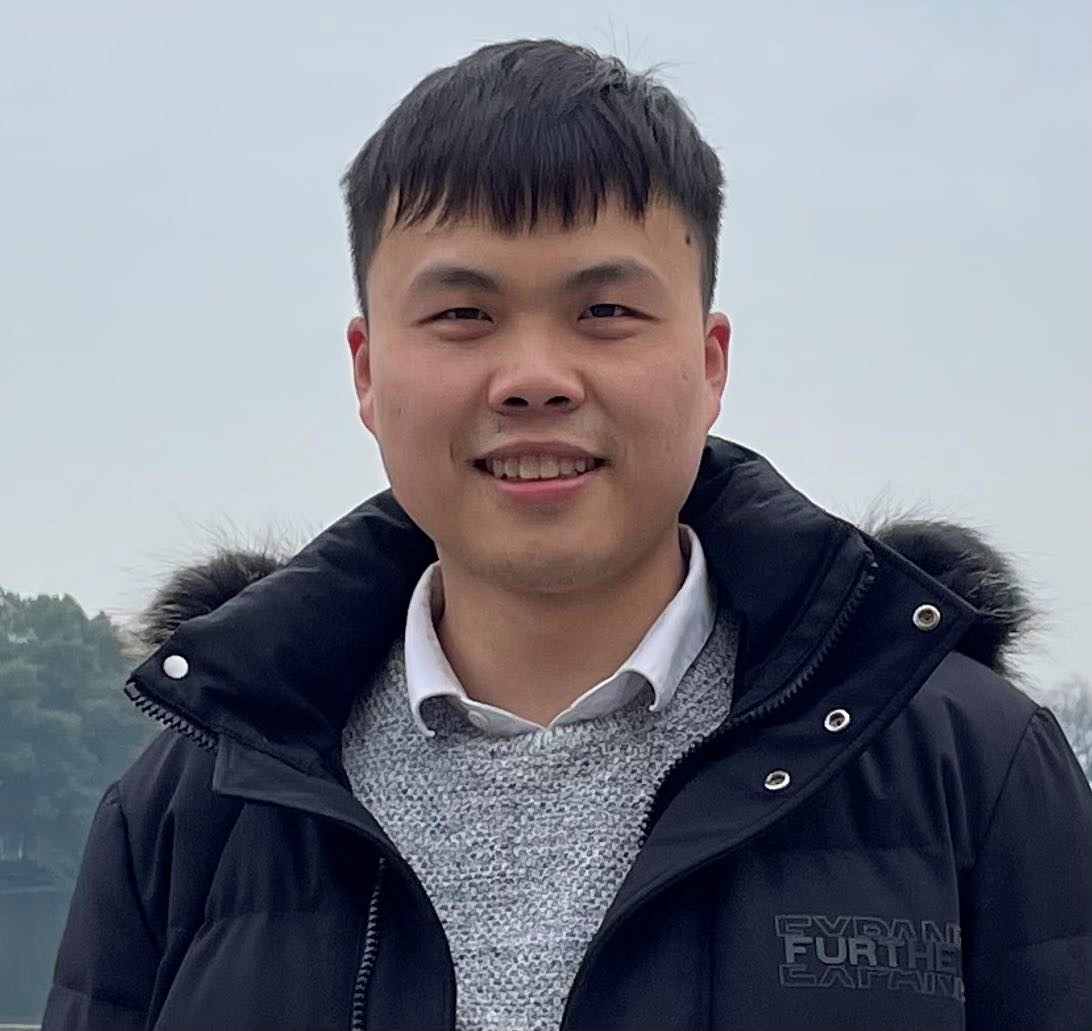Tuesday, September 5
13:15 - 14:00
Collective decision-making on networked systems: from social networks to smart homes
Angela Fontan, Postdoctoral Researcher at KTH (Sweden)
Abstract
The digital transformation of cities, encouraged by sustainability goals, enables a new interpretation of urban systems as cyber-physical-human systems (CPHS), with emphasis on the human component and its interplay with smart technologies. In particular, a challenging task is characterizing human decision-making within interconnected communities, which can be viewed as social networks of interacting individuals. This talk will focus on collective decision-making and will present two concrete examples, of political decision-making and of decision-making in smart homes.
First, I will present a nonlinear model for collective decision-making in a community of agents where both cooperative and antagonistic interactions coexist, represented as a signed interaction graph. The aim is to shed light on the role of frustration of the signed network (quantifying the amount of social tension in the network) in the decision-making process. A concrete example of the findings to the process of government formation in parliamentary democracies will be discussed.
Then, I will present recent research directions in the context of smart homes, where decision-making is explored in terms not only of social interactions, but also of bidirectional interactions between humans and environmental conditions. I will report preliminary results of experiments conducted at the KTH Live-in Laboratory, studying occupants’ behavioral patterns and diffusion of sustainable behaviors.
Biography
Angela Fontan is a Postdoctoral researcher with the Division of Decision and Control Systems, School of Electrical Engineering and Computer Science, KTH Royal Institute of Technology, Sweden, working with Prof. Karl H. Johansson. She received a B.Sc. degree in Information Engineering in 2013 and a M.Sc. degree (with honor) in Automation Engineering in 2016, from the University of Padova, Italy. She received a Ph.D. degree in Electrical Engineering with specialization in Automatic Control in September 2021, from the Division of Automatic Control, Department of Electrical Engineering, Linköping University, Sweden, where she was advised by Prof. Claudio Altafini. Her research interests are in the area of networked systems and nonlinear dynamics over networks and cyber-physical-human systems, with applications to social networks and collective decision-making processes and Live-in Laboratories.
Personal webpage: angelafontan.github.io
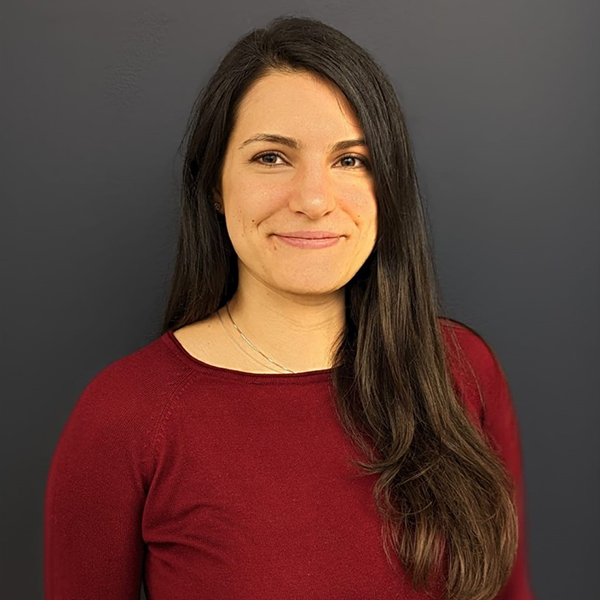
Wednesday, September 6
10:15 - 11:00
Control Energy Exponents in Large-Scale Networks
Giacomo Baggio, Assistant Professor at University of Padova (Italy)
Abstract
Understanding when and to what degree a network system is controllable is of paramount importance across different scientific fields. In this talk, I will share some recent findings on the scaling behavior of the control energy in linear network systems. While it is known that the control energy of linear network systems controlled by few nodes typically grows exponentially with the network size, a precise characterization of the growth rate has so far been lacking. I will show that under certain technical conditions it is possible to explicitly determine the asymptotic growth rate of the control energy in single-input networks, and illustrate this result in some structured and random scenarios.
Biography
Giacomo Baggio received the Ph.D. degree in Information Engineering from the University of Padova, Italy, in 2018. He was Visiting Scholar at the Department of Engineering, University of Cambridge, UK (Sept 15 – May 16) and Postdoctoral Scholar at the Department of Mechanical Engineering, University of California Riverside, CA, USA (Mar 18 – Sept 19). He is currently an Assistant Professor at the Department of Information Engineering, University of Padova, Italy. His research interests are in the area of systems and control theory with applications to network and data science.
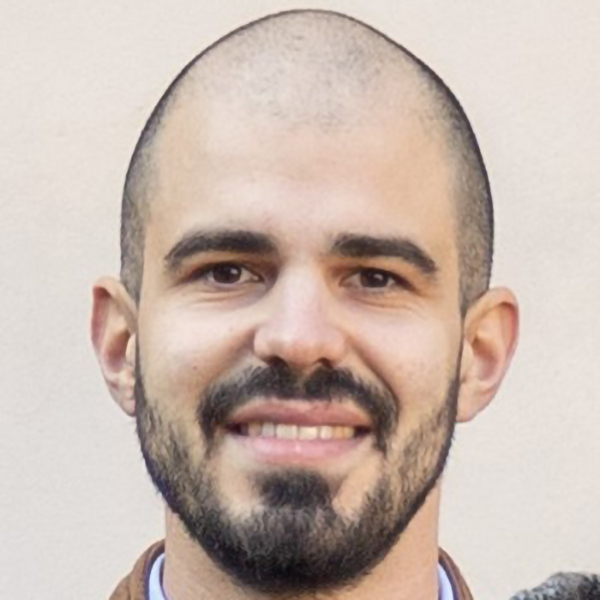
Thursday, September 7
10:15 - 11:00
Partial control of complex networks and its application to opinion dynamics
Francesco Lo Iudice, Assistant Professor at Università di Napoli Federico II (Italy)
Abstract
Recent years have witnessed an increasing interest in control problems on networks of dynamical systems whose aim goes beyond that of steering the dynamics of the entire set of network nodes towards a common synchronous trajectory. When the number of control signals is limited, then the question arises of whether we are capable of steering a network towards a desired target state and at what price in terms of control effort. If driving all the network nodes towards a desired state is unfeasible or unnecessary, then the goal often becomes that of maximising the number of network nodes we are able to control. This talk will first survey the recent advances in partial control and observation of complex networks. We will focus on the tools for the selection of the nodes in which input signals must be injected and whose state must be measured so to optimise some controllability or observability metric. Then, we will look at how tools from partial control of complex networks can be applied to model the role of influencers in large social systems. A critical view of the future research directions in this area will conclude the talk.
Biography
Francesco Lo Iudice received his PhD degree from the Università degli Studi di Napoli Federico II, where he is currently an Associate Professor of Automatic Control. His research is mainly focused on the analysis and control of networks of dynamical systems, with applications in the fields of opinion dynamics over social networks, analysis and control of power grids, and formation control of fleets of unmanned vehicles. He is also interested in the fields of optimal control, approximate dyanamic programming, and systems identification. He serves as an associate editor for the CAS journal IEEE Transactions on Circuits and Systems I: Regular Papers.

Friday, September 8
10:15 - 11:00
Nonlinear dynamics of beliefs over social networks
Anastasia Bizyaeva, Postdoctoral Researcher at the University of Washington (USA)
Abstract
: Motivated by the study of complex social behavior, we introduce a novel nonlinear model of belief formation dynamics. According to our model, belief updates of individuals are informed by the complex interplay of external factors, i.e. social network effects, and internal factors, i.e. internal biases, networked relationships between an individual’s belief representations, and nonlinear processing of social information. We rigorously show how groups overcome deadlock to form strong beliefs when it is urgent to do so, how the structure of social relationships and of the underlying belief system shapes social decisions in the group, and how group-level beliefs can be highly sensitive to the personal biases of a small number of individuals. This work provides insights into the dynamics of complex social systems in nature and society and motivates a new approach for the design of distributed behavior in engineered networks of social agents.
Biography
Anastasia Bizyaeva is a postdoctoral scholar with the AI Institute for Dynamic Systems at the University of Washington, Seattle. She is interested in the mathematics of collective behavior and distributed computation, including social decision-making, pattern formation in networked and spatiotemporal systems, and self-organization in swarms. Anastasia uses a combination of tools from nonlinear dynamics, control theory, network science, and distributed learning to study collective behavior in real-world systems and to design decentralized control strategies for coordinating autonomous teams. She is particularly interested in systems for which strongly nonlinear features, such as multistability or excitability, are essential to their operation. Anastasia received her Ph.D. in Mechanical and Aerospace Engineering in September of 2022 from Princeton University, where her doctoral research on nonlinear dynamics of collective decision-making and belief formation was supervised by Professor Naomi Ehrich Leonard. Prior to this, Anastasia earned a B.A. in Physics with a minor in Mechanical Engineering from the University of California, Berkeley.
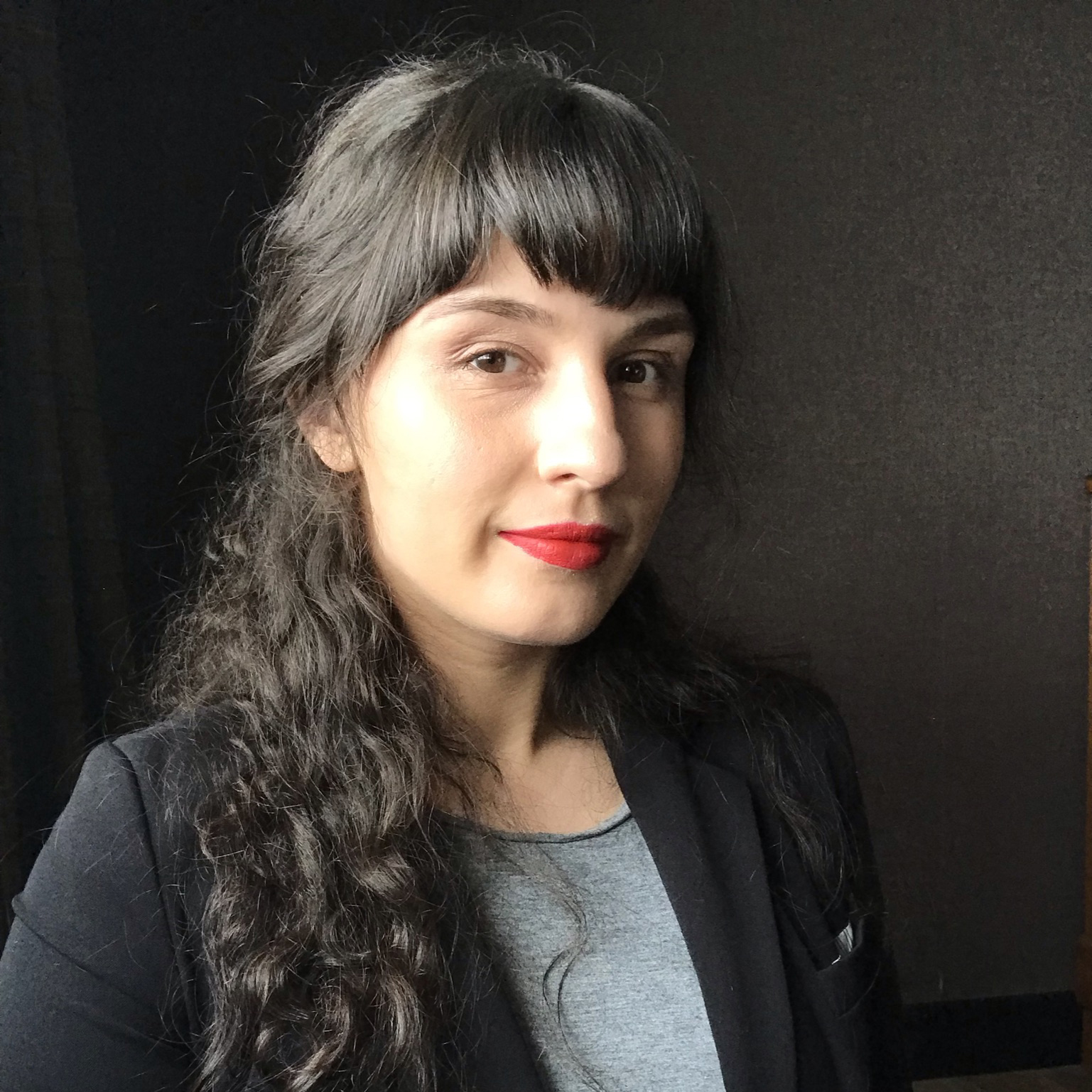
Monday, September 11
10:15 - 11:00
Binary Models for Opinion Dynamics and Interpersonal Relationships via Influence and Homophily Mechanisms
Giulia De Pasquale, Postdoctoral Researcher at ETH Zurich (Switzerland)
Abstract
In this talk we propose two discrete time binary models for opinion dynamics. The first one is based on the homophily mechanism. We show that the binary homophily model can drive an initially structurally unbalanced network towards a socially balanced one. In order to characterise non-structurally balanced equilibrium points, we introduce a (V,Σ)-factorization that finds an interesting interpretation in terms of structurally balanced classes, and can be used to investigate the case of 3 classes and to provide a complete analysis of the convergence to the equilibrium for small-size networks.
The second one is a revisitation of a recently discrete time model for the interplay between homophily-based appraisal dynamics and influence-based opinion dynamics. The model explores for the first time how the opinions of a group of agents on a certain number of issues/topics is influenced by the agents’ mutual appraisal and, conversely, the agents’ mutual appraisal is updated based on the agents’ opinions on the various issues, according to a homophily model. In this talk we show that a simplified (and, in some situations, more feasible) version of the model, that accounts only for the signs of the agents’ appraisals provides an equally accurate and effective model of the opinion dynamics in small networks. The equilibria reached by this model correspond, almost surely, to situations in which the agents’ network is complete and structurally balanced. On the other hand, we ensure that such equilibria can always be reached in a finite number of steps, and, differently from the original model, we rule out other types of equilibria that correspond to disconnected social networks.
Biography
Giulia De Pasquale is a postdoctoral researcher at ETH Zürich, in Professor Dörfler’s research group. She took the PhD in Control and Systems Engineering from the University of Padova, Italy, in 2023. In 2022 she was a visiting research scholar at the University of California, Santa Barbara. She took both the Master Degree in Control Engineering and the Bachelor Degree in Information Engineering from the University of Padova in 2019 and 2017 respectively. During her Master Program she spent visiting periods at Luleå Tekniska Universitet, Sweden, and ETH Zürich, Switzerland. Her current research interests include modeling, analysis and control of networked systems with a special focus on opinion dynamics in social networks.
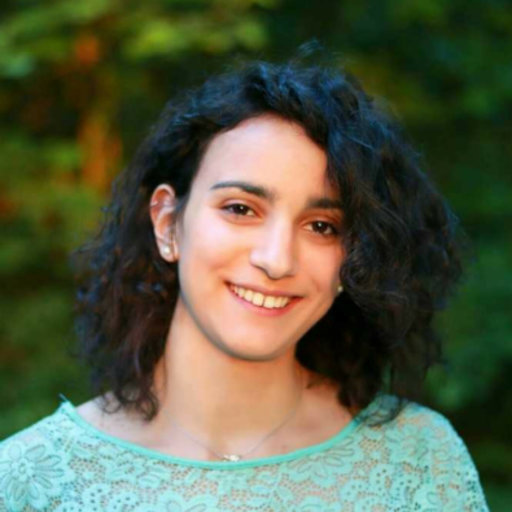
11:15 - 12:00
On the existence of equilibria in complex nonlinear networks
Mark Jeeninga, Postdoctoral Researcher at Lund University, Sweden
Abstract
Please note that this abstract still is tentative.
When dealing with complex nonlinear networks, the existence of equilibria is essential for applying control, but is sometimes difficult to establish.
In the control engineering literature, where the focus lies on control synthesis, this is often regarded as a technicality, as it is often assumed that equilibria exist.
However, doing so leaves a knowledge gap and a potential risk for implementing the proposed controllers, as the loss of equilibria could mean a total destabilization of the system.
In this presentation we discuss the existence of equilibria in the context of power grids and hydraulic networks.
For DC power grids we discuss an LMI condition which guarantees the existence of equilibria in the presence of constant power loads.
For district heating systems we show that the existence of equilibria to the hydraulic network can be phrased as a graph-theoretical property of the actuator placement.
Biography
Mark Jeeninga received the Master’s degree in Mathematics (2015) and PhD degree (2021) in Systems and Control from the University of Groningen, The Netherlands. He is currently a postdoctoral researcher at Lund University, Sweden. Before that, he was a postdoctoral researcher at Politecnico di Torino, Italy. His main research interest is the analysis and control of networked systems, with a particular interest in power flow analysis. Other interests include matrix theory, algebraic graph theory, and the existence of equilibria to nonlinear systems.

Tuesday, September 12
13:15 - 14:00
Dynamics and Signal Processing on graphs and complexes
Michael Schaub, Assistant Professor at RWTH Aachen University (Germany)
Abstract
Graph signal processing (GSP) tries to device appropriate tools to process signals supported on graphs by generalizing classical methods from signal processing of time-series and images – such as smoothing, filtering and interpolation – to signals supported on the nodes of a graph. Typically, this involves leveraging the structure of the graph as encoded in the spectral properties of the graph Laplacian. In certain scenarios, such as traffic network analysis, the signals of interest are however naturally defined as flows the edges of a graph, rather than on the nodes. After a brief recap of the central ideas of GSP, we examine why standard tools from GSP may not be suitable for the analysis of such flow signals. More specifically, we discuss how the underlying notion of ‘signal vs noise’ inherited from typically considered variants of the graph Laplacian are not suitable when dealing with edge signals that encode flows. To overcome this limitation, we devise signal processing tools based on the Hodge-Laplacian and the associated discrete Hodge Theory for simplicial (and cellular) complexes. We discuss applications of these ideas for signal smoothing, semi-supervised and active learning for edge-flows on discrete or discretized spaces.
Biography
Michael Schaub studied Electrical Engineering and InformationTechnology at ETH Zurich. After an MSc in Biomedical Engineering at Imperial College London, he obtained his PhD in Mathematics at Imperial College London in 2014. In the following, he worked as a Research Fellow in Belgium, jointly at the Université catholique de Louvain and at the University of Namur. In November 2016, Michael moved to the Massachusetts Institute of Technology (MIT) as a Postdoctoral Research Associate. From July 2017 onwards he was a Marie Skłodowska Curie Fellow at MIT and the University of Oxford, before joining RWTH Aachen University in June 2020, supported by the NRW Return Programme (2019). He was awarded an ERC Starting grant in 2022.
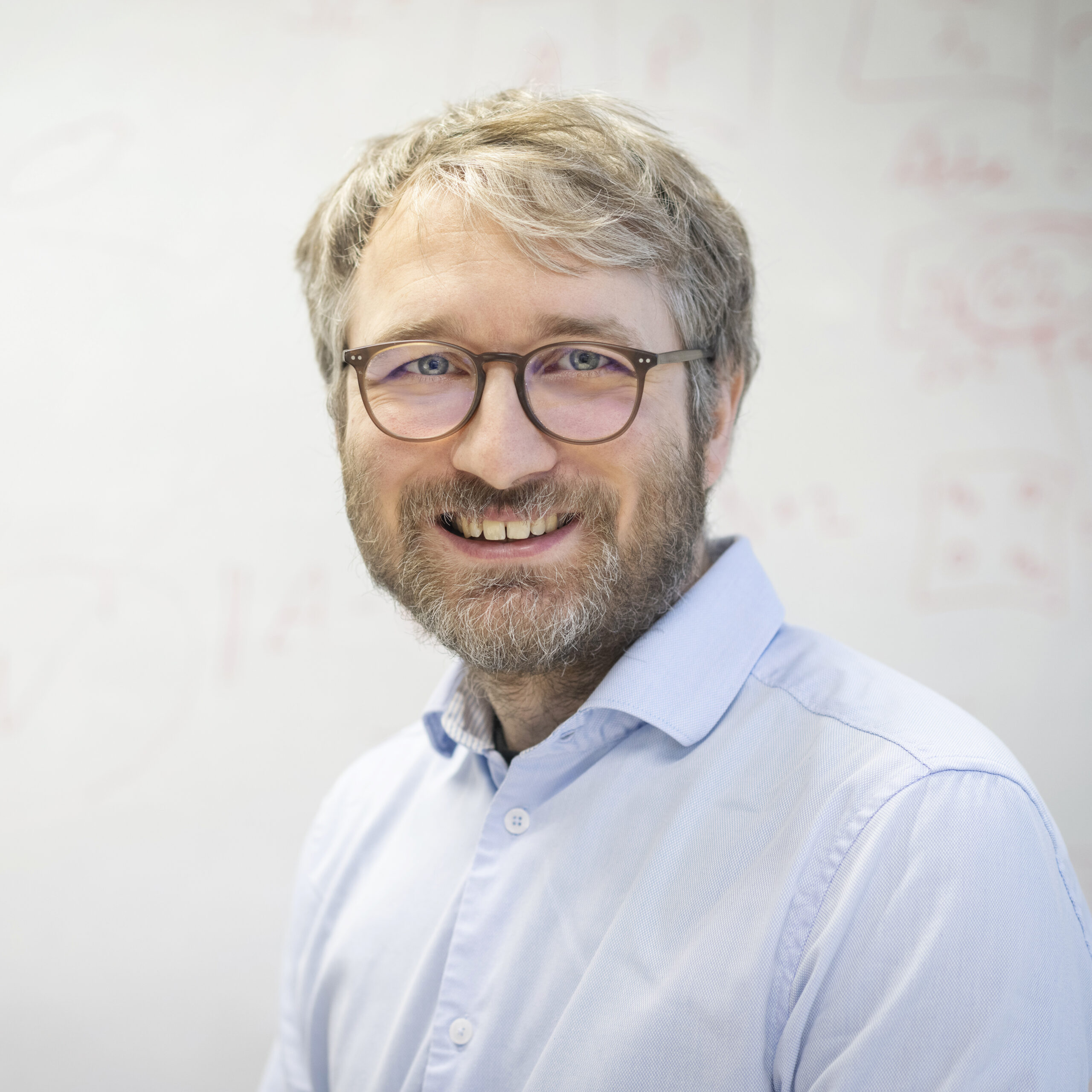
14:15 - 15:00
Turing pattern formation on higher-order networks
Riccardo Muolo, Postdoctoral student at Université de Namur (Belgium)
Abstract
Many natural and artificial systems exhibit collective behaviors, which show in the form of spatiotemporal
patterns. This have triggered the interests of scholars, who have proposed several theories
to account for such diversity. One of the most popular mechanisms of pattern formation is due to
Alan Turing, who showed that diffusion can disrupt a homogeneous stable state due to a symmetry
breaking, triggering an instability [1]. The original theory has been conceived in the framework
of reaction-diffusion PDEs, but it has been extended on discrete support. In this seminar I will
present an overview of Turing theory in networked systems and its recent extension on high-order
structures.
Firstly, I will go through the basics of Turing patterns on networks [2], showing that the Turing
framework is indeed not too far from that of coupled chaotic oscillators [3]. I will then introduce
high-order structures, namely hypergraphs and simplicial complexes [4], focusing on the latter. In
the context of many-body interactions, the extension of Turing theory is straightforward, once
the formalism is put to use, and it can be shown that high-order interactions can both enhance
and hamper the formation of Turing patterns [5]. In the last part, I will introduce the theory of
topological signals and show that a diffusion-driven instability similar to the Turing one can emerge
for such high-order dynamics [6].
References
[1] A M Turing. The chemical basis of morphogenesis. Phil. Trans. R. Soc. Lond. B, 237:37, 1952.
[2] Hiroya Nakao and Alexander S Mikhailov. Turing patterns in network-organized activatorinhibitor
systems. Nature Physics, 6:544, 2010.
[3] Louis M Pecora and Thomas L Carroll. Master stability functions for synchronized coupled
systems. Physical Review Letters, 80(10):2109, 1998.
[4] Federico Battiston, Giulia Cencetti, Iacopo Iacopini, Vito Latora, Maxime Lucas, Alice Patania,
Jean-Gabriel Young, and Giovanni Petri. Networks beyond pairwise interactions: structure and
dynamics. Physics Reports, 2020.
[5] R. Muolo, L. Gallo, V. Latora, M. Frasca, and T. Carletti. Turing patterns in systems with
high-order interaction. Chaos Solit. Fractals, 166:112912, 2023.
[6] L. Giambagli, M.L. Calmon, R. Muolo, T. Carletti, and G. Bianconi. Diffusion-driven instability
of topological signals coupled by the dirac operator. Phys. Rev. E, 106, 2022.
Biography
Riccardo Muolo studied Physics (BSc) and Applied Mathematics (MSc) in Florence (Italy). After having started a PhD in Systems Biology at VU Amsterdam (The Netherlands), he decided to go back to Applied Mathematics and joined the group of Professor Teo Carletti at naXys, the Namur Institute for Complex Systems (Belgium), as a PhD Student, graduating in April 2023, where he is now a Post-Doc. He will be joining the group of Professor Hiroya Nakao at Tokyo Tech (Japan) from October 2023.
His research is about synchronization and pattern formation on networks and higher-order structures, such as hypergraphs and simplicial complexes. His main focus is understanding how the underlying topology affects the global dynamics of the system.
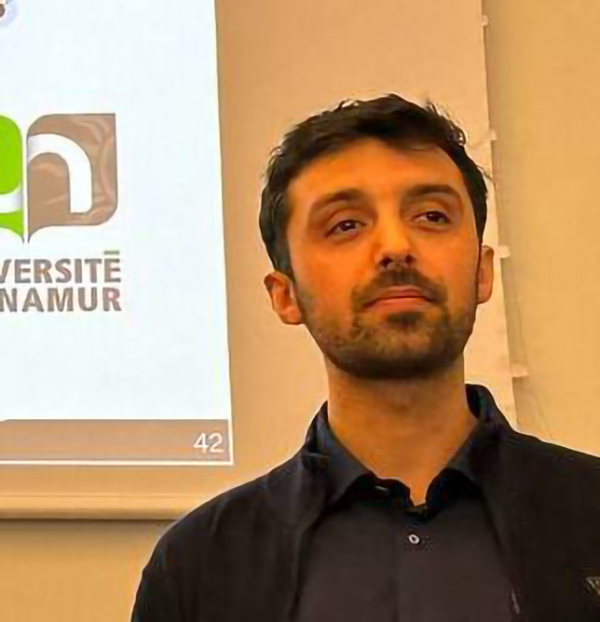
Wednesday - Friday, September 13-15
No seminars due to PhD Course on Theory and Applications of Contracting Dynamical Systems by Franceso Bullo, see https://elliit.se/news-and-events/focus-period-linkoping-2023/phdcourse/.
Monday, September 18
10:15 - 11:00
Personalization and Asynchrony for Distributed Learning
César A. Uribe, Assistant Professor, Rice University (USA)
Abstract
We study the personalized federated learning problem under asynchronous updates. In this problem, each client seeks a personalized model that outperforms local and global models. We consider two optimization-based frameworks for personalization: (i) Model-Agnostic Meta-Learning (MAML) and (ii) Moreau Envelopes (ME). MAML involves learning a joint model adapted for each client through fine-tuning, whereas ME requires a bi-level optimization problem with implicit gradients to enforce personalization via regularized losses. We focus on improving the scalability of personalized federated learning by removing the synchronous communication assumption. Moreover, we extend the studied function class by removing boundedness assumptions on the gradient norm. Our main technical contribution is a unified proof for asynchronous federated learning with bounded staleness that we apply to MAML and ME personalization frameworks. For the smooth and non-convex functions class, we show the convergence of our method to a first-order stationary point. Extensions to decentralized optimization and reinforcement learning will be discussed. We illustrate the performance of our method and its tolerance to staleness through experiments for classification tasks over heterogeneous datasets.
Biography
Cesar A. Uribe is the Louis Owen Assistant Professor at the Department of Electrical and Computer Engineering at Rice University. He received the M.Sc. degrees in systems and control from the Delft University of Technology in The Netherlands and in applied mathematics from the University of Illinois at Urbana-Champaign in 2013 and 2016, respectively. He also received the Ph.D. degree in electrical and computer engineering at the University of Illinois at Urbana-Champaign in 2018. He was a Postdoctoral Associate in the Laboratory for Information and Decision Systems-LIDS at the Massachusetts Institute of Technology-MIT until 2020 and held a visiting professor position at the Moscow Institute of Physics and Technology until 2022. His research interests include distributed learning and optimization, decentralized control, algorithm analysis, and computational optimal transport.
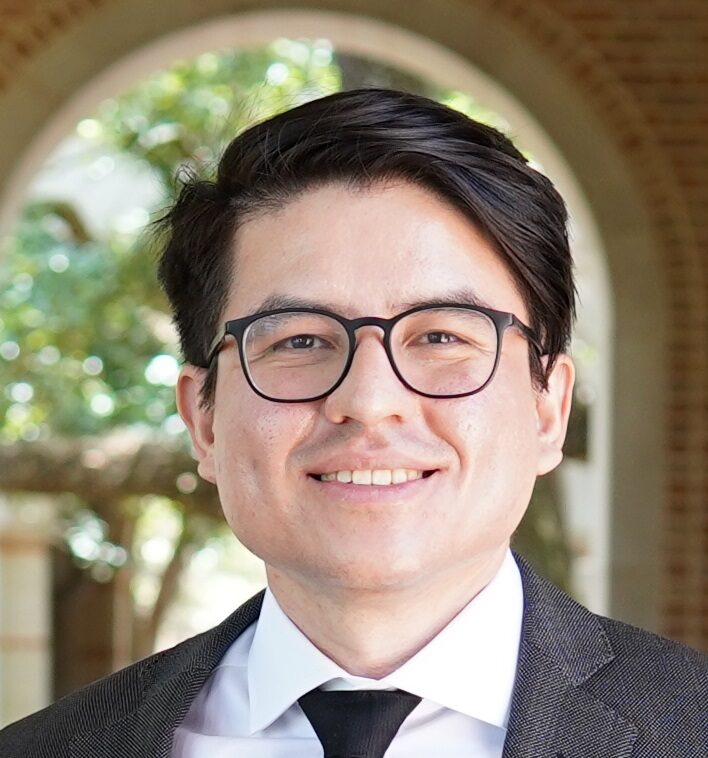
11:15 - 12:00
Adaptive-gain control for population dynamics: epidemic networks and evolutionary games
Mengbin Ye, Assistant Professor at Curtin University (Australia)
Abstract
This talk provides an overview of recent approaches using adaptive-gain control and feedback principles to “close-the-loop” on controlling population dynamics. The first problem involves the deterministic SIS network model for epidemic spreading on a meta-population network, where we assume the network is above the epidemic threshold and thus the disease becomes endemic if left uncontrolled. A class of decentralised adaptive-gain controllers are proposed which dynamically adjust the infection or recovery rates, representing non-pharmaceutical and medical interventions, respectively. The effectiveness and challenges associated with such controllers are explored using theoretical analysis and simulations, first assuming we can control all nodes in the network, and then relaxing to consider controlling a subset of the nodes. Second, we consider evolutionary population games, and provide adaptive-gain approaches to steer the population towards a specific equilibrium which might be unstable or not globally attractive in the uncontrolled scenario. A range of games are considered, including coordination, anti-coordination, and dominant strategy (Prisoner’s dilemma) games.
Biography
Mengbin Ye received the B.E. degree (with First Class Honours) from the University of Auckland in 2013. His Ph.D. degree in engineering was completed under the supervision of Emeritus Professor Brian D.O. Anderson, AC, at the Australian National University in 2018. From 2018-2020, he was a postdoctoral researcher with the Faculty of Science and Engineering, University of Groningen, Netherlands. In 2021, he commenced a four-year Western Australian Premier’s Early to Mid-Career Fellowship, at the Centre for Optimisation and Decision Science, Curtin University. He has received the J.G. Crawford Prize (Interdisciplinary) in 2018, ANU’s premier award recognising graduate research excellence, and the 2018 Springer PhD Thesis Prize. His current research interests include opinion formation and decision making in complex social networks, epidemic modelling and control, and cooperative control of multi-agent systems.
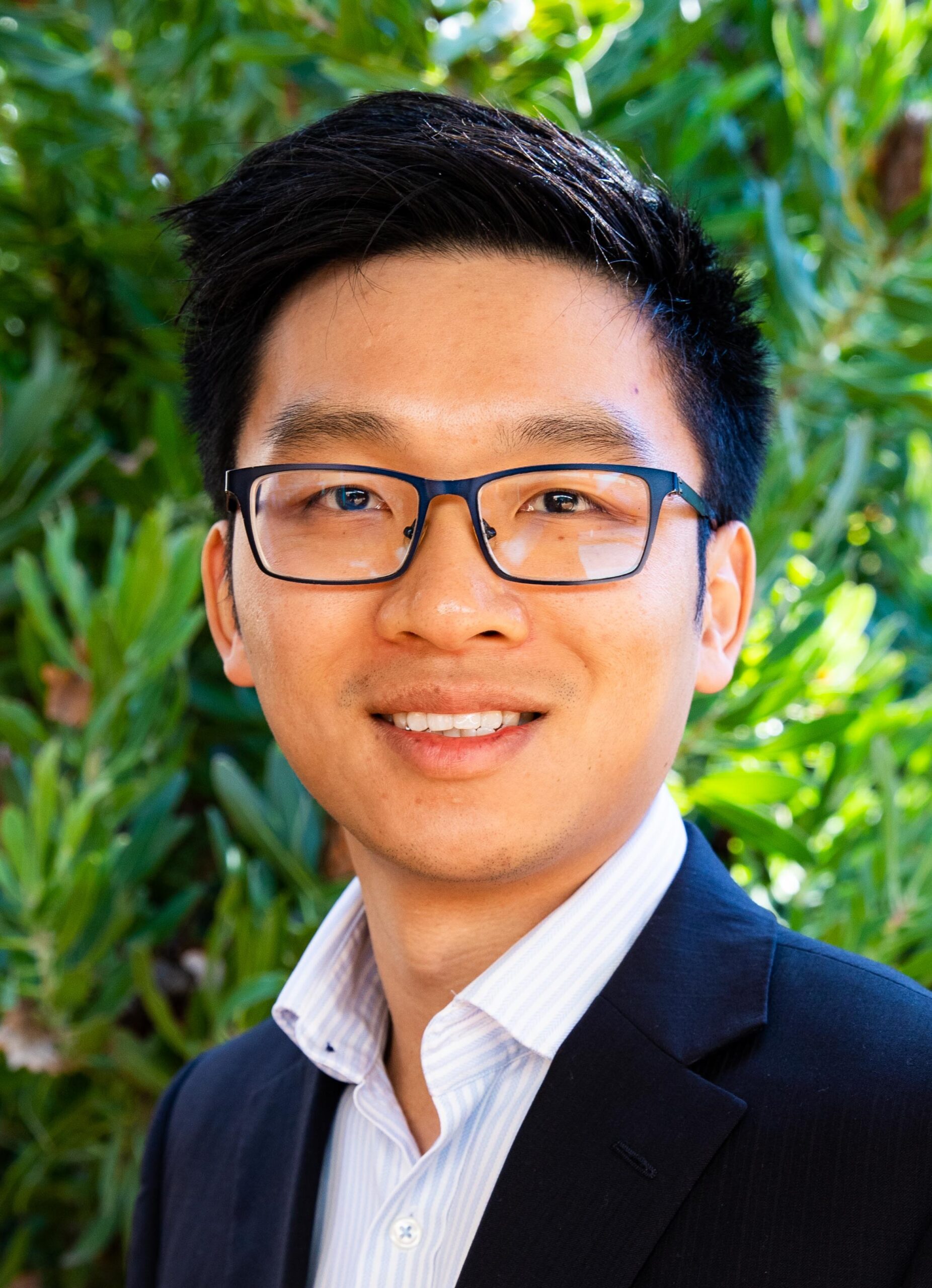
Tuesday - Friday, September 19 - 22
No seminars due to the ELLIIT Focus Period Symposium, see https://elliit.se/news-and-events/focus-period-linkoping-2023/symposium/.
Monday, September 25
No seminars.
Tuesday, September 26
13:15 - 14:00
A Model of Online Misinformation
James Siderius, Postdoctoral Associate at MIT (USA)
Abstract
We present a model of online content sharing where agents sequentially observe an article and decide whether to share it with others. This content may or may not contain misinformation. Each agent starts with an ideological bias and gains utility from positive social media interactions but does not want to be called out for propagating misinformation. We characterize the (Bayesian-Nash) equilibria of this social media game and establish that it exhibits strategic complementarities. Under this framework, we study how a platform interested in maximizing engagement would design its algorithm. Our main result establishes that when the relevant articles have low-reliability and are thus likely to contain misinformation, the engagement-maximizing algorithm takes the form of a “filter bubble”— creating an echo chamber of like-minded users. Moreover, filter bubbles become more likely when there is greater polarization in society and content is more divisive. Finally, we discuss various regulatory solutions to such platform-manufactured misinformation.
Biography
James Siderius is a postdoctoral associate at the Massachusetts Institute of Technology, starting as an Assistant Professor at the Tuck School of Business at Dartmouth College in July 2023. Broadly, his research interests lie at the intersection of operations research, game theory, and computer science, with a focus on agent-based modeling in the presence of strategic interactions. Most recently, his work has concentrated on understanding the role that social media and online social networks play in financial, political, and collective decision-making, especially when platform operations can have potentially unforeseen societal impacts. In addition to research and teaching, he enjoys skiing, hiking, golfing, and trail running.
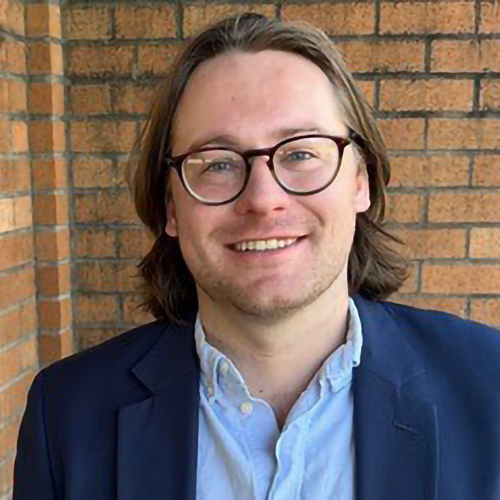
14:15 - 15:00
On mixed network coordination/anticoordination games
Martina Vanelli, PhD Student at Politecnico di Torino (Italy)
Abstract
This talk focuses on establishing the network role in existence, characterization and stability of Nash equilibria in network games with coexisting coordinating and anti-coordinating players. Games with only coordinating or only anti-coordinating agents are exact potential games.
Hence, the exhibit many important structural properties and, in particular, they always admit at least one Nash equilibrium. However, the potential property vanishes when both type of agents are simultaneously present. This makes their analysis more difficult and existence of Nash equilibria not guaranteed (e.g., the discoordination game).
In the first part of the talk, I will present graph-theoretic conditions for the existence of pure-strategy Nash equilibria in mixed network coordination/anti-coordination games of arbitrary size. For the case where such conditions are met, we study the asymptotic behavior of best-response dynamics and provide sufficient conditions for finite-time convergence to the set of Nash equilibria. These results build on an extension and refinement of the notion of network cohesiveness and on the formulation of the new concept of network indecomposibility. In the second part of the talk, the previous results are extended to directed graphs and employed to prove necessary and sufficient conditions for global stability of consensus equilibria when considering asynchronous dynamics in a network of interacting agents updating their binary states according to a time-varying threshold rule.
Biography
Martina Vanelli is a PhD student in Applied Mathematics at the Department of Mathematical Sciences (DISMA), Politecnico di Torino, Italy. She received the B.Sc. and M.S. degrees (cum Laude) in Applied Mathematics from Politecnico di Torino, in 2017 and 2019, respectively. From October 2018 to March 2019, she was a visiting student at Technion, Israel Institute of Technology. Her research focuses on game theory and dynamics and control of network systems, with applications to power markets and social and economic networks.
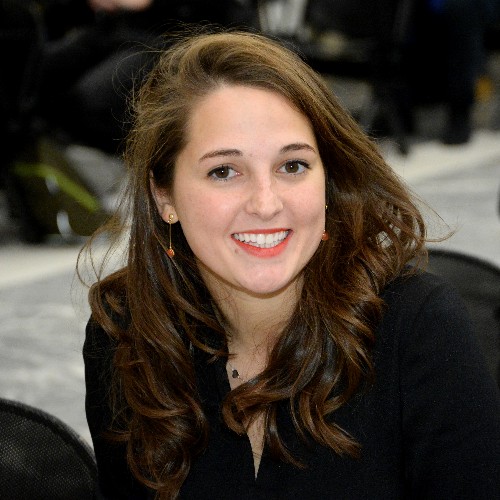
Wednesday, September 27
No seminars due to other activities.
Thursday, September 28
10:15 - 11:00
Information design in Bayesian routing games
Leonardo Cianfanelli, PhD student at Politecnico di Torino (Italy)
Abstract
We study optimal information provision in transportation networks when the users are strategic and the network state is uncertain. An omniscient planner observes the network state and discloses information to the users with the goal of minimizing the system cost at the user equilibrium. Public signal policies, including full-information disclosure, are known to be inefficient in achieving optimality. For this reason, we focus on private signals and restrict without loss of generality the analysis to signals that coincide with path recommendations. We first formulate the general problem and analyze its properties for arbitrary network topologies and delay functions. Then, we consider the case of two parallel links with affine delay functions and provide sufficient conditions under which optimality can be achieved by information design. We show that uncertainty may be leveraged by the planner, namely it is easier to achieve optimality when the variance of the uncertain parameters is large. We then discuss results for networks with multiple parallel links, and present open conjectures for arbitrary network topologies.
Biography
Leonardo Cianfanelli received the B.Sc. (cum Laude) in physics and astrophysics in 2014 from Università degli Studi di Firenze, Italy, the M.S. in physics of complex systems (cum Laude) in 2017 from Università di Torino, Italy, and the PhD in pure and applied mathematics in 2022 from Politecnico di Torino. He is currently a research assistant at the Department of Mathematical Sciences, Politecnico di Torino, Italy. He was a Visiting Student at Laboratory for Information and Decision Systems, Massachusetts Institute of Technology, Cambridge, MA, USA, in 2018-2020. His research is concentrated on dynamics and control in network systems, with applications to transportation networks and epidemics.
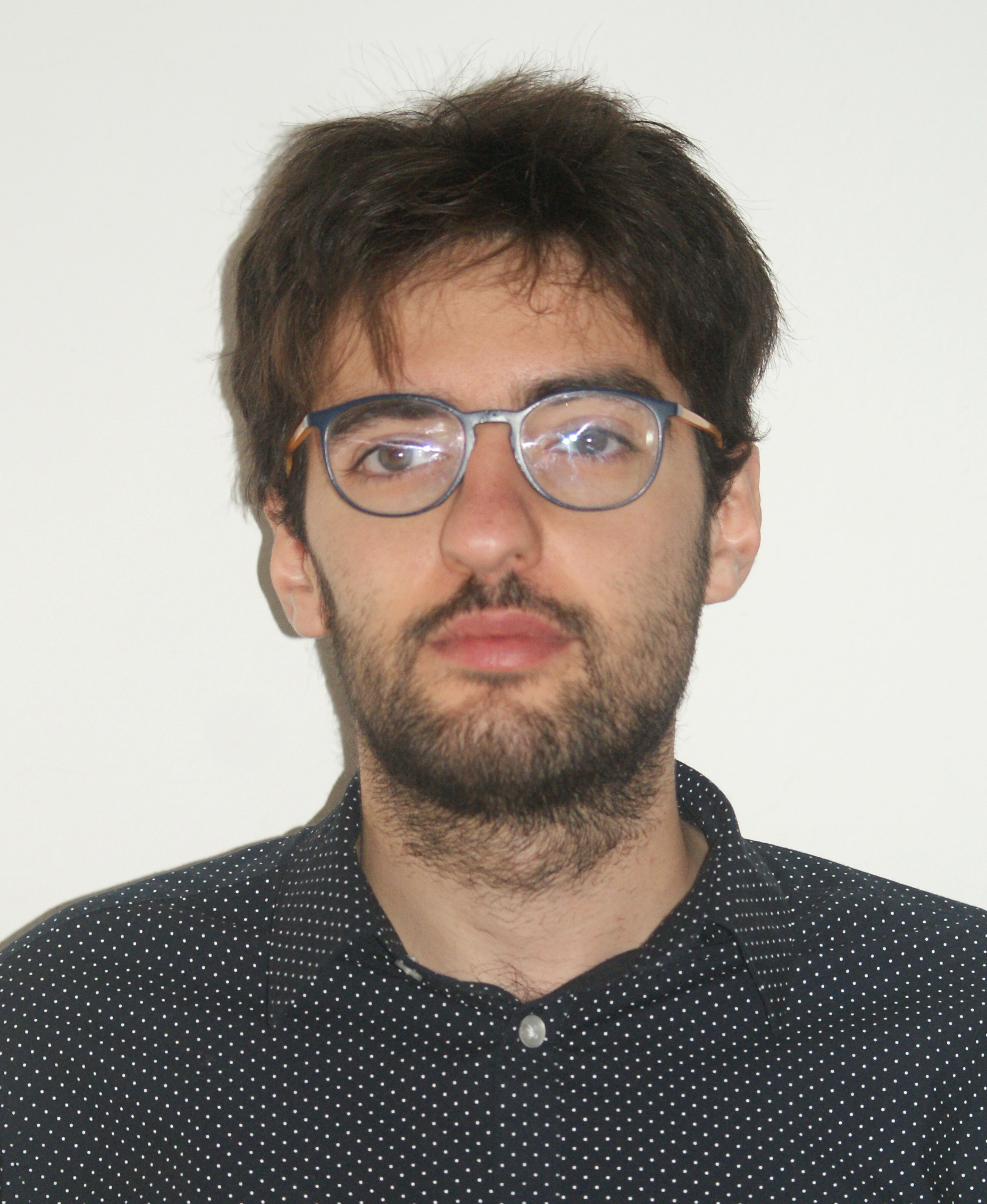
11:15 - 12:00
Spreading and Structural Balance on Signed Networks
Yu Tian, Postdoctoral Fellow at Nordita (Sweden)
Abstract
Two competing types of interactions often play an important part in shaping system behavior, such as activatory or inhibitory functions in biological systems. Hence, signed networks, where each connection can be either positive or negative, have become popular models over recent years. However, the primary focus of the literature is on the unweighted and structurally balanced ones, where all cycles have an even number of negative edges. Hence here, we first introduce a classification of signed networks into balanced, antibalanced or strictly balanced ones, and then characterize each type of signed networks in terms of the spectral properties of the signed weighted adjacency matrix. In particular, we show that the spectral radius of the matrix with signs is smaller than that without if and only if the signed network is strictly unbalanced. These properties are important to understand the dynamics on signed networks, both linear and nonlinear ones. Specifically, we find consistent patterns in a linear and a nonlinear dynamics theoretically, depending on their type of balance. We also propose two measures to further characterize strictly unbalanced networks, motivated by perturbation theory. Finally, we numerically verify these properties through experiments on both synthetic and real networks.
Biography
Yu Tian is a research fellow at the Nordic Institute for Theoretical Physics (Nordita), funded by Wallenberg Initiative on Networks and Quantum information (WINQ). Yu received her PhD from University of Oxford, where she was supervised by Renaud Lambiotte and also part of Cohort 5 in the EPSRC Centre for Doctoral Training for Industrially Focused Mathematical Modelling (InFoMM). Her PhD research was in collaboration with Tesco, where she worked on both the structural and dynamical properties of networks, inspired by several important industrial problems. Her research interest lies in the broad area of network science, including dynamics and optimization, the incorporation of negative signs (e.g. friend-foe relationships in social networks), and community detection.
Personal website: https://ytian.netlify.app/
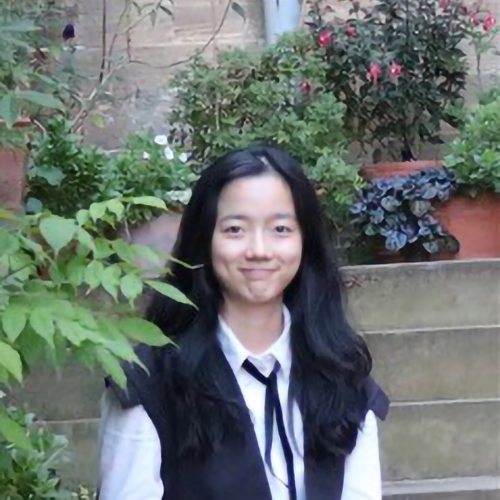
Friday, September 29
10:15 - 11:00
Temporal scale-free networks facilitate the fixation of cooperation
Aming Li, Assistant Professor at Peking University (China)
Abstract
Understanding the emergence of cooperation in structured populations represented by complex networks is a problem of long research interest. Previous results indicate that static scale-free networks are more difficult for the emergence of cooperation than static regular networks. Yet, it is increasingly recognized that most natural and social populations are best characterized by temporal networks where network structure dynamically changes over time. In this talk, I will report that contrary to traditional static scenarios, temporal scale-free networks could provide more benefits than temporal regular networks for cooperation. Such advantage of temporal scale-free networks encounters a turning point as networks tend to be static, and it is determined by the trade-off between the fixation probability and fixation time of cooperation over each snapshot on temporal networks. Together with theoretical analysis, numerical simulations, and empirical temporal networks, our findings advance the understanding of the emergence of cooperation in realistic temporal structured populations.
Biography
Aming Li received his B.Sc. degree in 2011 from Department of Mathematics, Zhejiang University of Technology, and Ph.D. degree in 2017 from Center for Systems and Control, Peking University, China. Before joining Peking University as an assistant professor in November 2020, he worked as a postdoctoral researcher at ETH Zürich and University of Oxford. Aming’s research interests include collective intelligence, control theory, evolutionary game theory, and network science. He is a recipient of the long-term cross-disciplinary fellowship award from the International Human Frontier Science Program Organization. For more information, please visit: https://en.coe.pku.edu.cn/faculty/facultyaz/921726.htm.
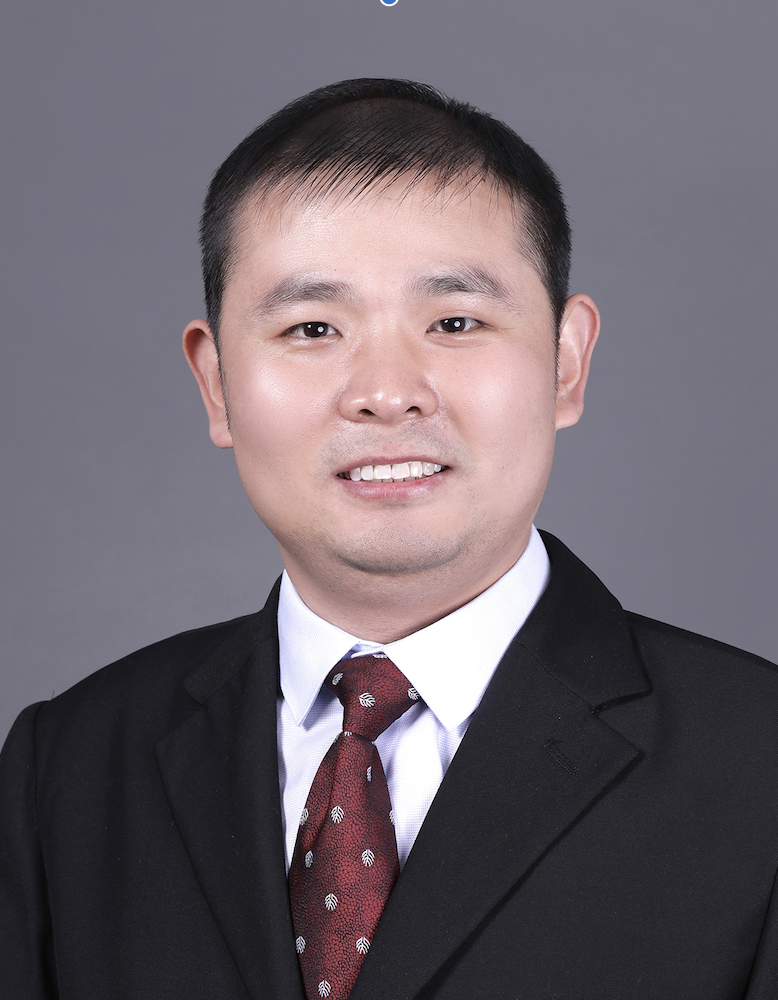
11:15 - 12:00
Active risk aversion in SIS epidemics on networks
Anastasia Bizyaeva, Postdoctoral Researcher at the University of Washington (USA)
Abstract
We investigate the effect of proactive risk aversion on the endemic state in a network epidemic model that incorporates two distinct networks. The first is the physical contact network of populations that facilitates the spread of infection. The second is an influence network, such as an online social network, that facilitates the spread of information about infection risk between populations. For a uniform endemic equilibrium on regular graphs, we prove that risk aversion lowers infection level at steady-state. However, when communication is sufficiently sparse, this equilibrium will lose stability in a secondary bifurcation of a heterogeneous endemic infection state.
Biography
Anastasia Bizyaeva is a postdoctoral scholar with the AI Institute for Dynamic Systems at the University of Washington, Seattle. She is interested in the mathematics of collective behavior and distributed computation, including social decision-making, pattern formation in networked and spatiotemporal systems, and self-organization in swarms. Anastasia uses a combination of tools from nonlinear dynamics, control theory, network science, and distributed learning to study collective behavior in real-world systems and to design decentralized control strategies for coordinating autonomous teams. She is particularly interested in systems for which strongly nonlinear features, such as multistability or excitability, are essential to their operation. Anastasia received her Ph.D. in Mechanical and Aerospace Engineering in September of 2022 from Princeton University, where her doctoral research on nonlinear dynamics of collective decision-making and belief formation was supervised by Professor Naomi Ehrich Leonard. Prior to this, Anastasia earned a B.A. in Physics with a minor in Mechanical Engineering from the University of California, Berkeley.

Monday, October 2
10:15 - 11:00
Phase transitions and universality: a case study in democratic instability
Alex Siegenfeld, Postdoctoral Researcher at NECSI (USA)
Abstract
The challenge of understanding the collective behaviors of social systems can benefit from methods and concepts from physics, not because humans are similar to electrons, but because certain large-scale behaviors can be understood without an understanding of small-scale details, in much the same way that sound waves can be understood without an understanding of atoms. I will first give an overview of this approach to studying complex systems—drawing examples from my work on multi-scale political polarization and pandemic response—followed by a more detailed description of my research on democratic representation and instability. Unstable elections, for which the outcome can be dramatically swung by arbitrarily small changes in electorate opinion, are proven to necessarily contain negatively represented opinions, to which the election outcome is inversely sensitive. Furthermore, in the presence of low voter turnout, increasing polarization of the electorate can drive elections through a transition from a stable to an unstable regime, analogous to the phase transition by which some materials become ferromagnetic below their critical temperatures. Empirical data suggest that the United States’ presidential elections underwent such a phase transition in the 1970s and have since become increasingly unstable.
Biography
Alexander Siegenfeld is a postdoctoral researcher at the New England Complex Systems Institute. He received a PhD in physics (2022) and a B.S. in mathematics and physics (2015) from MIT. His research focuses on applying concepts and methods from statistical physics to further the understanding of social phenomena, including instability in democratic elections, macroeconomic development, and the interactions between social and biological systems that cause and can stop the spread of disease. He has conducted research on geographic political polarization and multilevel governance with the MIT Center for Constructive Communication. He also interned at the Bill and Melinda Gates Foundation, bringing a complex systems perspective to bear on problems in global health and development.
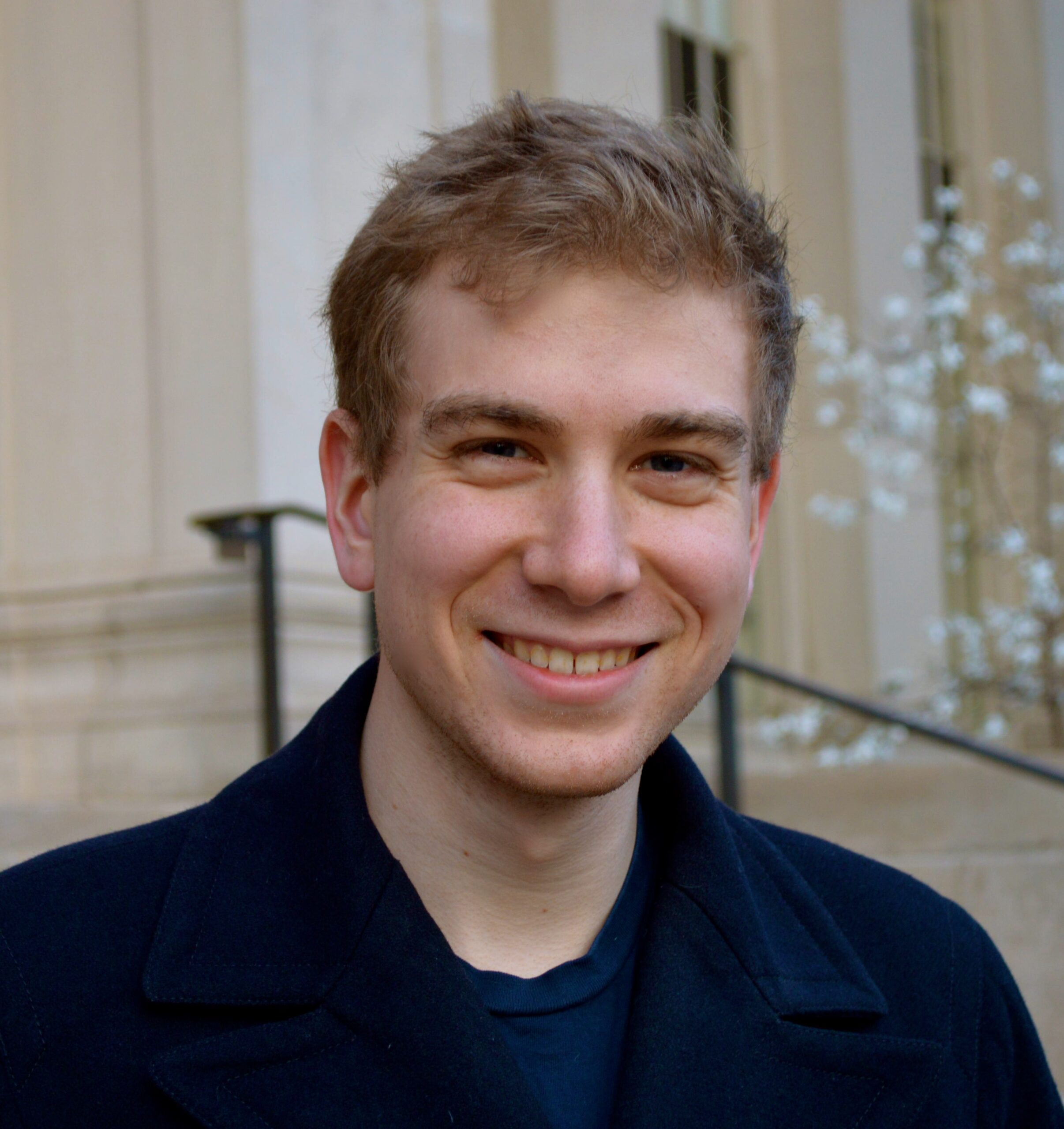
11:15 - 12:00
Spreading processes over networks
Sebin Gracy, Junior Fellow at Rice University (USA)
Abstract
The talk focuses on mathematical epidemiology, or, more broadly, on spreading processes. Spreading processes are observed in several settings. Prominent examples include the spread of viruses, in particular, pandemics such as COVID-19, Spanish flu; spread of opinions on social media; adoption of products in a market; and propagation of species in an ecological environment. While there are several models available in the literature, we focus on the SIS (susceptible-infected-susceptible) model. From an analysis point of view, we are interested in questions such as what are the various equilibria of the aforementioned model? When do they exist? When are they stable? We first discuss the case where there is only one virus spreading in a network. Thereafter, we will look at the (more general) case where multiple viruses are simultaneously circulating in the population; this can be subdivided into settings where the viruses are in competition with each other, or where they cooperate with each other.
Biography
Sebin Gracy is a Fellow at the Rice Academy of Fellows in Rice University, Houston, TX, USA. Previously, he was a Post-Doctoral Researcher in the Division of Decision and Control Systems in the School of Electrical Engineering and Computer Science at KTH Royal Institute of Technology. He obtained his Ph.D. degree at Universite Grenoble-Alpes in November, 2018. Prior to that, he obtained his M.S. and B.E. degrees in Electrical Engineering from the University of Colorado at Boulder and the University of Mumbai, in December, 2013 and June 2010, respectively. His research interests are in the realm of networked dynamical systems.
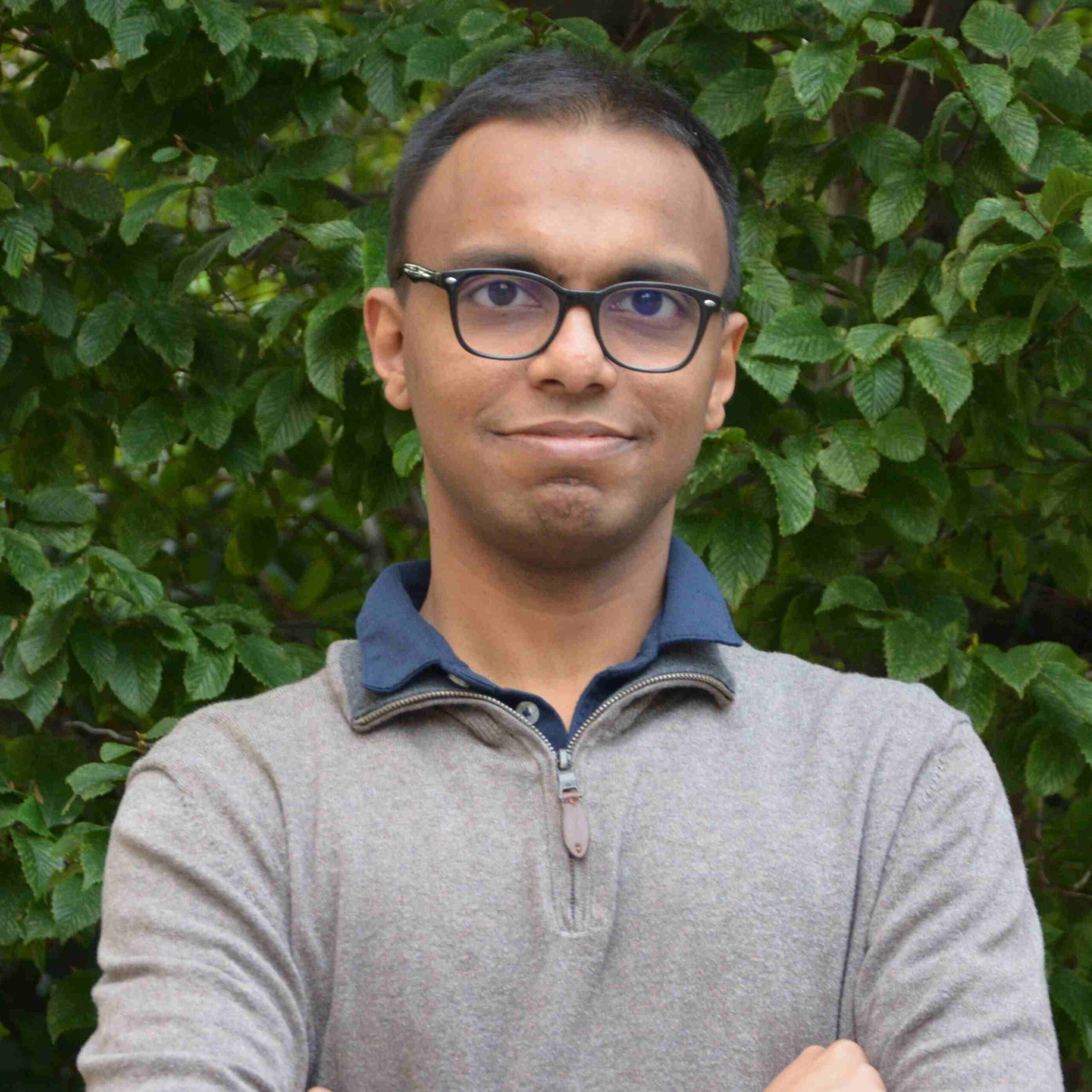
Tuesday, October 3
13:15 - 14:00
Facets of synchronization: Discontinuous coupling and the minimax flow problem
Marco Coraggio, Postdoctoral Fellow at Scuola Superiore Meridionale (Italy)
Abstract
In this talk, I will present a versatile yet simple tool to enforce synchronization in a great variety of complex networks and will show how synchronization can then be used to solve a non-trivial network optimization problem.
In the first part, I will illustrate the addition of a discontinuous coupling term to the traditional diffusive coupling protocol, in order to synchronize networks for which convergence to a common trajectory is notoriously difficult to enforce, that is networks of piecewise-smooth systems (such as mechanical oscillators and power converters) and networks of heterogeneous systems. I will also show the role of a new graph connectivity measure, the minimum density, in the determination of the values of the coupling gains required for synchronization.
In the second part, I will focus on the problem of minimizing the maximum flow in flow networks, in the presence of mass conservation and edge capacity constraints. An example application is the allocation of power generation in electrical microgrids, for outage prevention. I will show that this problem can be more easily solved in a distributed fashion if reformulated as the synchronization problem of some virtual quantities at the network nodes. Finally, I will present distributed algorithms to perform such convergence.
Biography
Marco Coraggio received his PhD degree in “Information Technology and Electrical Engineering” from the University of Naples Federico II, Italy, in 2020. He was a visiting student at the University of Bristol, UK, in 2016 and at the University of California, Santa Barbara, USA, in 2019. He was a Postdoctoral Fellow at the University of Naples Federico II, from 2020 to 2021 and has been a Postdoctoral Fellow at the Scuola Superiore Meridionale, School for Advanced Studies, Italy, since 2021.
Dr. Coraggio is the author of 14 scientific papers on different journals and conference proceedings, including Nature Communications and Automatica, on various themes related to complex networks and control systems.
He served as Associate Editor for the European Control Conference, as Technical Program Committee Member for the International Conference on Complex Networks and their Applications, and has been the reviewer of more than 50 papers for different journals. He has been the organizer of the “Scientific Colloquia” seminar series and the “Gravitational Waves from Theory to Experiments: The Birth of a New Astronomy” lecture series at the Scuola Superiore Meridionale, both featuring world renown scientists and even a Nobel laureate, in the areas of mathematics, physics and engineering.
Dr. Coraggio has received different awards and acknowledgments, including in 2022 the finalist position for the “IEEE CSS Italy Young Author Best Paper Award”.
He is now teaching “Dynamical Systems” at the Scuola Superiore Meridionale, and his current research focuses on the analysis and control of complex networks, data-driven control and reinforcement learning, and the intersection of the two areas.
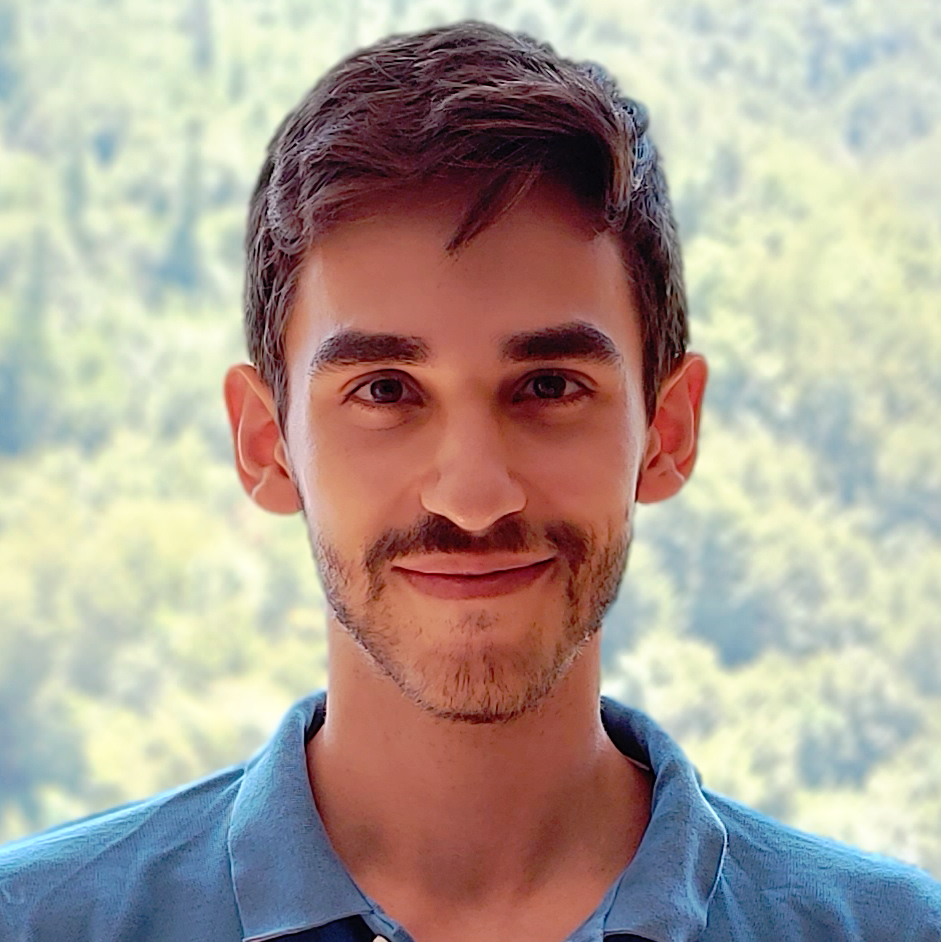
Wednesday, October 4
10:15 - 11:00
Misinformation Regulation in the Presence of Competition between Social Media Platforms
So Sasaki, PhD Student at University of Illinois, Urbana-Champaign (USA)
Abstract
Social media platforms have diverse content moderation policies, with many prominent actors hesitant to impose strict regulations. A key reason for this reluctance could be the competitive advantage that comes with lax regulation. A popular platform that starts enforcing content moderation rules may fear that it could lose users to less-regulated alternative platforms. Moreover, if users continue harmful activities on other platforms, regulation ends up being futile. This article examines the competitive aspect of content moderation by considering the motivations of all involved players (platformer, news source, and social media users), identifying the regulation policies sustained in equilibrium, and evaluating the information quality available on each platform. Applied to simple yet relevant social networks such as stochastic block models, our model reveals the conditions for a popular platform to enforce strict regulation without losing users. Effectiveness of regulation depends on the diffusive property of news posts, friend interaction qualities in social media, the sizes and cohesiveness of communities, and how much extremists appreciate surprising news from influencers.
Biography
So Sasaki received the M. Eng. in Aerospace Engineering from the University of Tokyo, Japan, and the M.S. in Electrical and Computer Engineering from the University of California, San Diego, USA. He is currently pursuing his PhD in the Coordinated Science Lab at the University of Illinois, Urbana-Champaign, where he also serves as a research assistant. His research interest lies in game theory, dynamics and control in network systems, with applications to disinformation challenges in social media platforms.
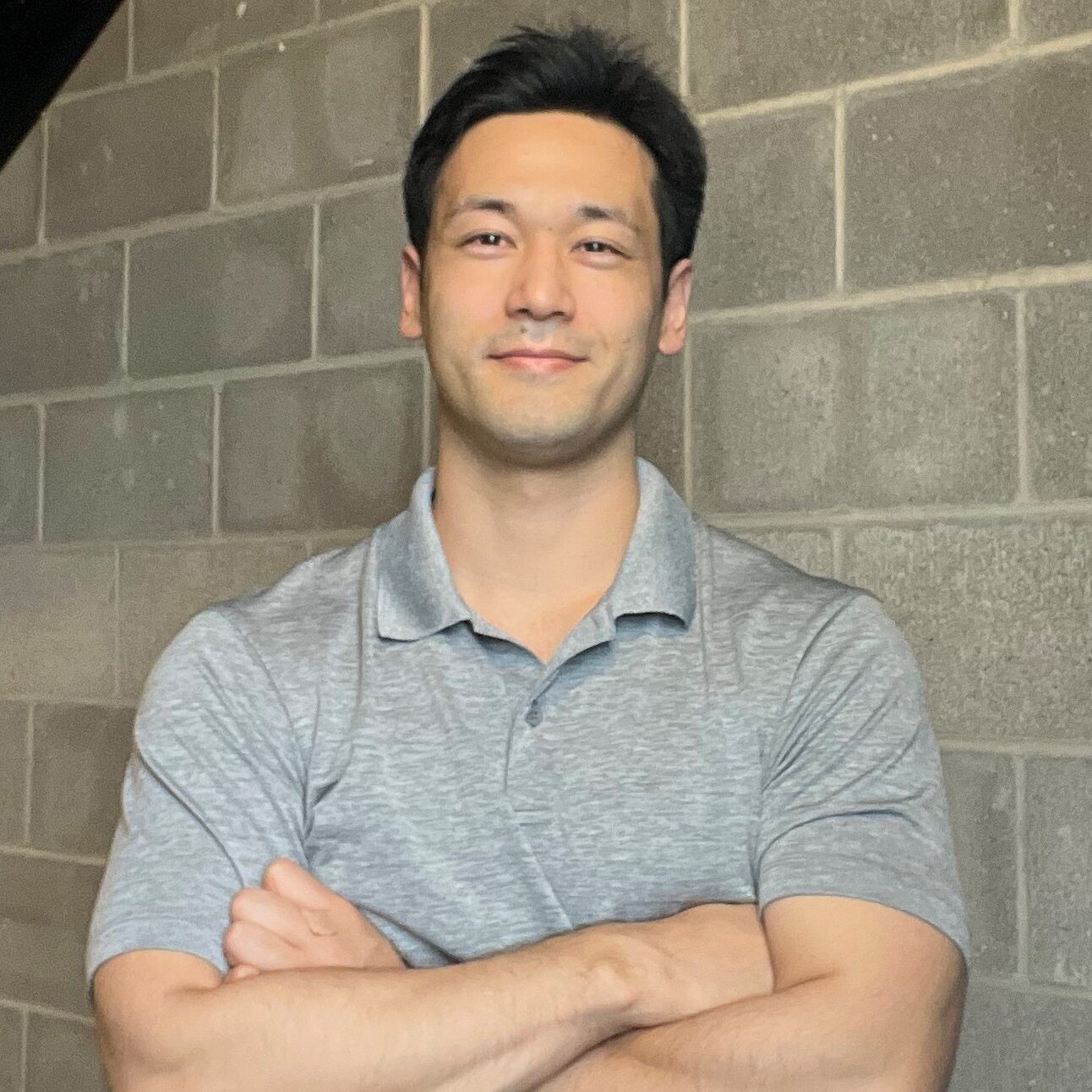
Thursday, October 5
10:15 - 11:00
A social power game for the concatenated opinion dynamics with stubborn agents
Lingfei Wang, Postdoctoral Researcher at KTH (Sweden)
Abstract
The concatenated Friedkin-Johnsen (FJ) model is to describe the opinion evolution for a sequence of discussion events with stubborn agents. This presentation will introduce a strategic game, called the social power game, established for the concatenated FJ model. In the social power game, the action of each player (agent) is his/her stubbornness in all the discussions, and the corresponding utility is the social power, which represents the player’s influence on the final opinion formation. It is shown that an “early mover” advantage exists in the social power game, i.e., speaking more in early discussions is useful to obtain a higher social power. This can be explained in terms of a diminishing return law existing in the concatenated FJ model. As an application, we consider the UN-sponsored international climate change negotiation process going on at the so-called Conferences of the Parties (COP). The social power computed with our model reflects a good match to the independent assessment of parties’ leadership roles as perceived by the participants to the COP summits.
Biography
Lingfei Wang received the B.S. degree in mathematics from Nankai University in 2017, and the Ph.D degree in systems theory from Academy of Mathematics and Systems Science, Chinese Academy of Sciences in 2023, under the supervision of Prof. Yiguang Hong. From 2019 to 2020 and from 2021 to 2022, he was a visiting student of the Division of Automatic Control in Linköping University, under the supervision of Prof. Claudio Altafini. Since Mar. 2023, he have been a postdoc in KTH, under the supervision of Prof. Karl Henrik Johansson. His research interests are modelling and analysis of network systems, especially on social networks.
